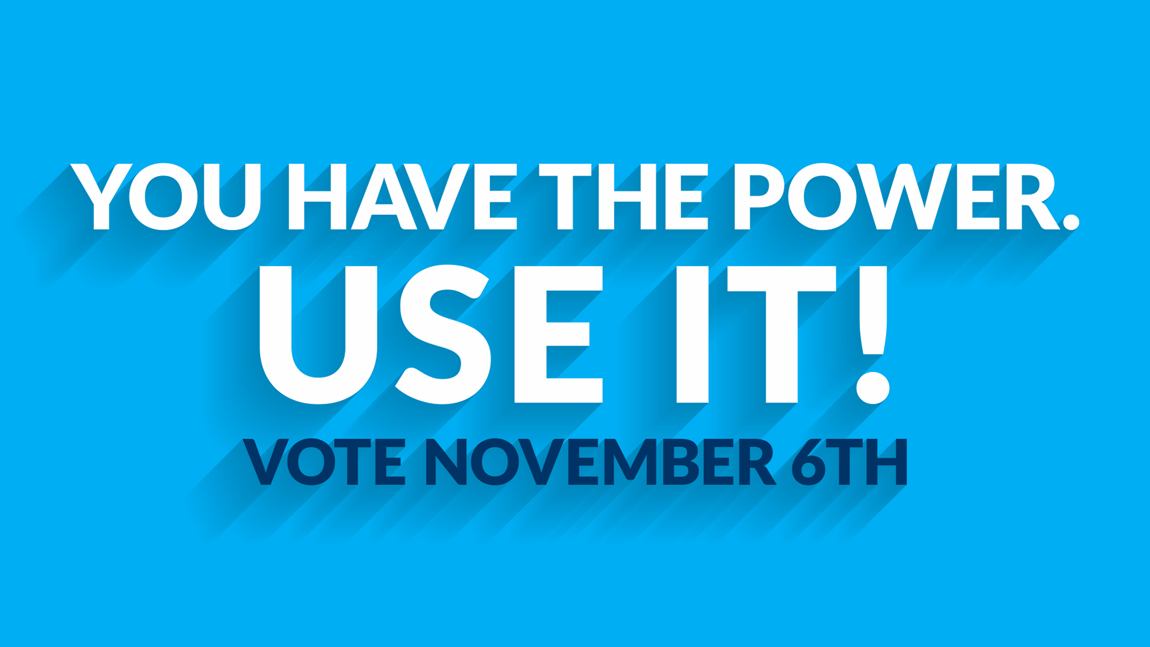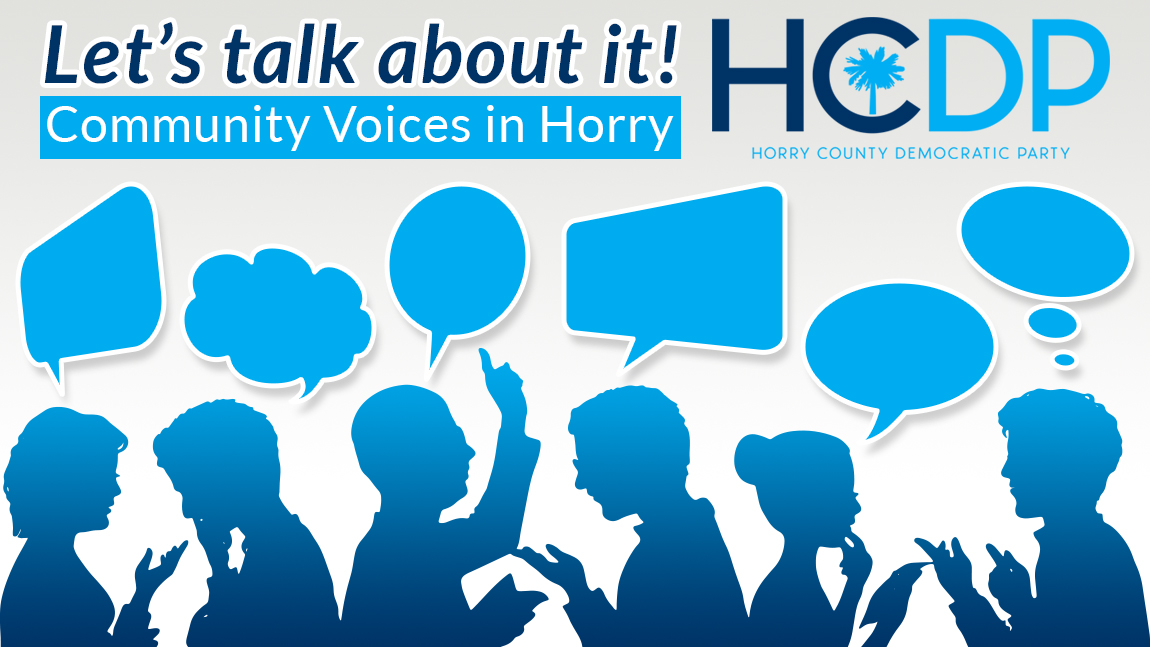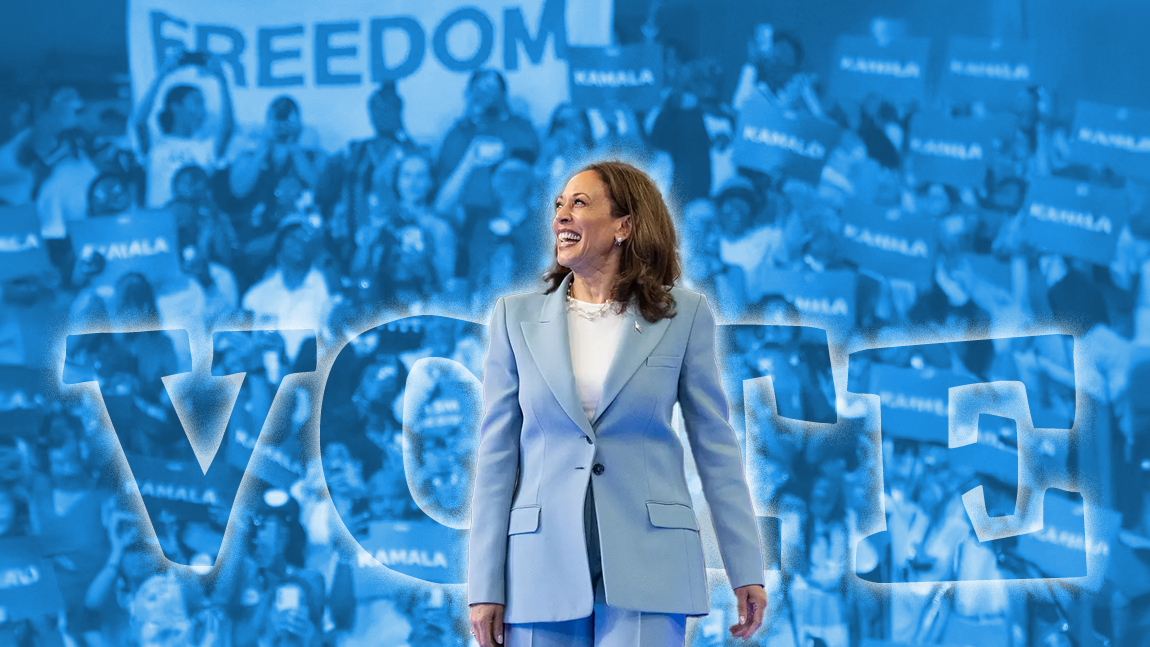By Bob Gatty.
The nation now has a new option to consider when it comes to covering the skyrocketing cost of health care: a new Medicare for All proposal introduced Wednesday, Sept. 13, by Sen. Bernie Sanders (I-VT).
Backed by at least 15 Democratic senators, according to The Washington Post, the Sanders legislation would expand Medicare into a universal health insurance program, financing it through higher taxes.
“This is where the country has got to go,” Sanders said in an interview with the Post. “Right now, if we want to move away from a dysfunctional, wasteful, bureaucratic system into a rational health care system that guarantees coverage to everyone in a cost-effective way, the only way to do it is Medicare for All.”
 Under his proposal, everything from emergency surgery to prescription drugs, mental health, and eye care would be covered with no co-payments. Americans younger than 18 would obtain “universal Medicare cards,” while those not currently eligible for Medicare would be phased in over four years. The new system would replace employer provided plans, with employers paying higher taxes but no longer having to provide coverage for their workers.
Under his proposal, everything from emergency surgery to prescription drugs, mental health, and eye care would be covered with no co-payments. Americans younger than 18 would obtain “universal Medicare cards,” while those not currently eligible for Medicare would be phased in over four years. The new system would replace employer provided plans, with employers paying higher taxes but no longer having to provide coverage for their workers.
Private insurers would cover elective treatments in a system similar to Australia’s, which President Trump once said is “much better” than what we have in the U.S. Providers would be reimbursed by the government, signing a yearly agreement with Medicare.
“When you have co-payments – when you say that health care is not a right for everybody, whether you’re poor or whether you’re a billionaire – the evidence suggests that it becomes a disincentive for people to get the health care they need,” said Sanders. He predicted that Americans would gladly pay higher taxes if it meant the end of having to deal with healthcare companies. He said the size of the tax increase would be determined in a separate bill.
Republicans quickly dismissed Sanders’ bill, with Sens. Lindsay Graham (SC), Bill Cassidy (LA), Dean Heller (NV) and Ron Johnson (WI) introducing another attempt to repeal the Affordable Care Act (ACA), replacing it with “a block grant given annually to states to help individuals pay for health care.”
“If you want a single-payer health-care system, this is your worst nightmare,” said Graham. “Bernie, this ends your dream of a single-payer health-care system for America.”
Sen. John Barrasso (R-WY) said the Sanders bill had become “the litmus test for the liberal left” and predicting it would be rejected by Americans. Barrasso is a medical doctor. It will be interesting to see the reaction of the American Medical Association and others representing physicians to the idea of being paid by Medicare. Currently, Medicare approves a set amount for each service doctors or hospitals provide, and then pays a portion of that amount, with secondary insurance companies – or the patient – responsible for the rest. But Medicare’s approved amount is always substantially less than what is billed by providers.

While there is no chance that Sanders’ proposal will be passed by the Republican-controlled Congress, the health care debate is sure to be front and center in the 2018 Congressional election campaign. His bill has attracted some support in the Senate, but other Senate Democrats are proposing alternative plans for Medicare or Medicaid buy-ins, so don’t expect the party to take a one-size-fits-all position.
But it’s clear the system is broken and that Congressional Republicans and Trump are doing everything possible to scuttle the ACA (Obamacare). Supporters of Sanders’ plan cite a Kaiser Health News survey that says 57 percent of Americans support Medicare for All, a number that could change as the campaign debate moves forward.
Bob Gatty, a Carolina Forest resident, is Communications Coordinator for the Horry County Democratic Party. He can be reached at bob@gattyedits.com.






